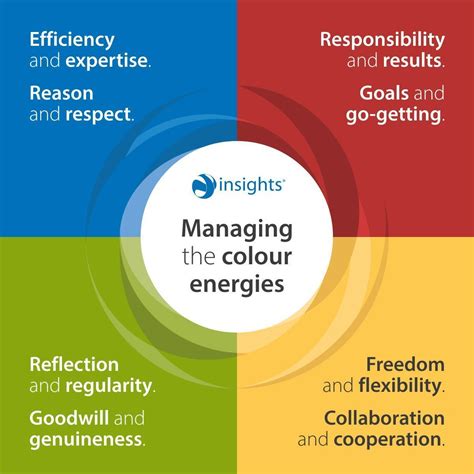The distinctive drum fill from “In the Air Tonight” still echoes in many music lovers’ minds, and the iconic voice that harmonized with Genesis and later became a solo sensation is unmistakable. Phil Collins, a name that resonates with quality, depth, and a memorable legacy in the music industry. From the hauntingly beautiful “Against All Odds” to the upbeat, energetic “Sussudio,” Phil Collins’ music has been the soundtrack to many moments in people’s lives.
Collins’ journey in music began early, with his first instrument being the drums, which he started playing at the age of five. His professional career, however, started with the band Flaming Youth, but it wasn’t until he joined Genesis in 1970, replacing John Mayhick as the drummer, that his career began to ascend. Following the departure of lead vocalist Peter Gabriel in 1975, Collins stepped forward to become not only the drummer but also the lead vocalist of Genesis, a role that catapulted him to international fame.
One of the defining aspects of Phil Collins’ career, both with Genesis and as a solo artist, has been his versatility. He effortlessly transitioned between the complex, conceptual themes characteristic of Genesis’ earlier work to more mainstream, pop-oriented solo albums like “Face Value” and “No Jacket Required.” His ability to craft songs that were both critically acclaimed and commercially successful is a rare talent, and his influence can be seen in many aspects of the music industry.
The 1980s were particularly pivotal for Collins, with the release of several platinum-selling albums and singles. His third solo album, “…But Seriously,” released in 1989, included hits like “Another Day in Paradise” and “I Wish It Would Rain Down,” further solidifying his status as a global superstar. Collins’ work was not only confined to music; he was also an actor, appearing in films like “Buster” and “Hook.”
Despite facing personal and professional challenges, including a highly publicized divorce and dealing with health issues that have impacted his ability to play the drums, Collins has continued to contribute to the music world. His memoir, “Not Dead Yet,” published in 2016, provided fans with a candid look into his life, from his childhood to the heights of his career, offering insights into the man behind the music.
Phil Collins has been recognized for his contributions to music with numerous awards, including multiple Grammy Awards, an Academy Award, and induction into the Rock and Roll Hall of Fame, both as a member of Genesis and as a solo artist. His legacy is one of creativity, perseverance, and an enduring impact on the music industry. Even as trends in music continue to evolve, Collins’ songs remain timeless, a testament to his skill as a songwriter and performer.
For those who remember Phil Collins at the height of his career or have discovered his music through the years, his impact is undeniable. His ability to connect with listeners through his music, whether it’s the introspective and emotionally charged ballads or the upbeat and catchy pop hits, has made him a beloved figure. As music continues to play a central role in shaping culture and expressing the human experience, the work of Phil Collins stands as a reminder of the power of creativity and talent to transcend time and touch hearts.
Exploring the Musical Evolution of Phil Collins
Early Beginnings with Genesis
The period with Genesis marked the beginning of Collins’ professional music career. As the band’s drummer and later lead vocalist, he was instrumental in shaping their sound and contributing to their iconic status in the world of progressive rock.
Transition to Solo Work
Collins’ decision to pursue a solo career was a pivotal moment in his musical journey. His solo work allowed him to explore different themes and styles, leading to the creation of some of his most beloved and enduring songs.
Musical Themes and Styles
Throughout his career, Phil Collins has explored a variety of musical themes and styles, from the deeply personal and introspective to the upbeat and energetic. This versatility has been a key factor in his widespread appeal and enduring popularity.
FAQ Section
What was Phil Collins' first instrument?
+Phil Collins' first instrument was the drums, which he started playing at the age of five.
What marked the beginning of Phil Collins' professional music career?
+Phil Collins' professional music career began when he joined the band Flaming Youth, but it was his role as the drummer for Genesis that truly launched his career.
How did Phil Collins become the lead vocalist of Genesis?
+Following the departure of Peter Gabriel from Genesis in 1975, Phil Collins stepped forward to become not only the drummer but also the lead vocalist of the band.
What are some of Phil Collins' most notable solo albums?
+Some of Phil Collins' most notable solo albums include "Face Value," "Hello, I Must Be Going!," and "...But Seriously."
In conclusion, Phil Collins’ career is a testament to his talent, versatility, and dedication to his craft. From his early days with Genesis to his highly successful solo career, Collins has left an indelible mark on the music world, creating songs that continue to inspire and resonate with listeners today. His legacy serves as a reminder of the power of music to connect us, to evoke emotions, and to transcend time.



